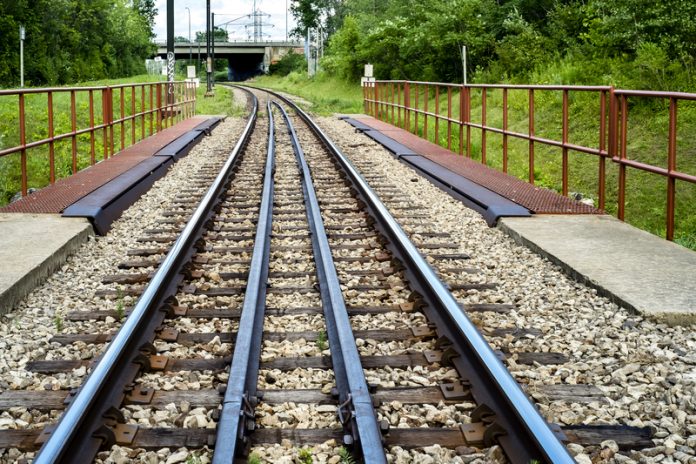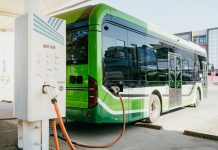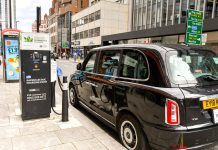Five projects have been chosen for development funding in the Department for Transport’s (DfT’s) First of a Kind (FOAK competition, which focuses on innovative rail schemes that can cut the carbon footprint of the UK’s railways
Solar panels that directly powertrains and a system that uses hydrogen and oxygen to produce steam to power engines are just 2 projects that have been given a share of £1.75 million in government funding for use on the rail network, Rail Minister Andrew Jones announced today (31 January 2019).
It comes as rail industry leaders publish the interim Rail Industry Decarbonisation Taskforce report addressing the challenge set by the DfT last year for cutting emissions and removing diesel-only trains from the network by 2040.
Rail Minister Andrew Jones said: “We want a cleaner, greener rail network and transforming our trains will help make this a reality. The targets we set for 2040 are ambitious but are within our reach.
“It is encouraging to see the huge efforts already underway to make this happen. This funding will be vital in helping these fantastic projects adapt to the demands of rail and enable their potential roll-out, delivering a cleaner, healthier network for passengers.
“It also underlines the shared commitment of government and industry to ensuring we have a modern railway that protects our environment.”
The FOAK competition, run by Innovate UK and part of the DfT’s wider Accelerating Innovation in Rail scheme, was launched in 2017 and focuses on 2 themes in this second round of funding – decarbonising of the railway and improving the passenger experience in stations. The 5 decarbonisation projects will get £350,000 each to allow them to be adapted for the rail network.
Simon Edmonds, Manufacturing, Materials and Mobility Director, Innovate UK said: “Travelling or moving goods by train is rightly seen as more sustainable. Yet there is more we can do to make the railway cleaner and greener by decarbonisation. This can be achieved by deploying more energy-efficient systems, using lighter rolling stock and looking at technologies from other industries.
“The pioneering projects for which we have announced funding today can reduce both the costs and the carbon footprint of the railway industry and help innovative companies succeed, both here and in export markets.”
The taskforce report, authored by former Angel Trains CEO Malcolm Brown, concludes that the removal of diesel-only passenger trains can be achieved by 2040, and outlines aims for further investment on a range of alternatives including bi-modes, hydrogen and battery trains.
Manufacturer Alstom, engineering company Viva Rail, and rolling stock owners Angel Trains and Porterbrook are also developing a range of alternatively-fuelled trains for the UK network, including battery hybrids and hydrogen-powered units.
Malcolm Brown, Chairman of the Rail Industry Decarbonisation Task Force, said: “Our report sets out a credible set of options to meet the challenge to decarbonise. We believe that there is a real opportunity for the rail industry in Great Britain to become a world leader in developing and delivering low carbon solutions.
“The report also highlights significant opportunities to cut carbon emissions in stations and depots, and underlines levels of support available from research and development funding.”











